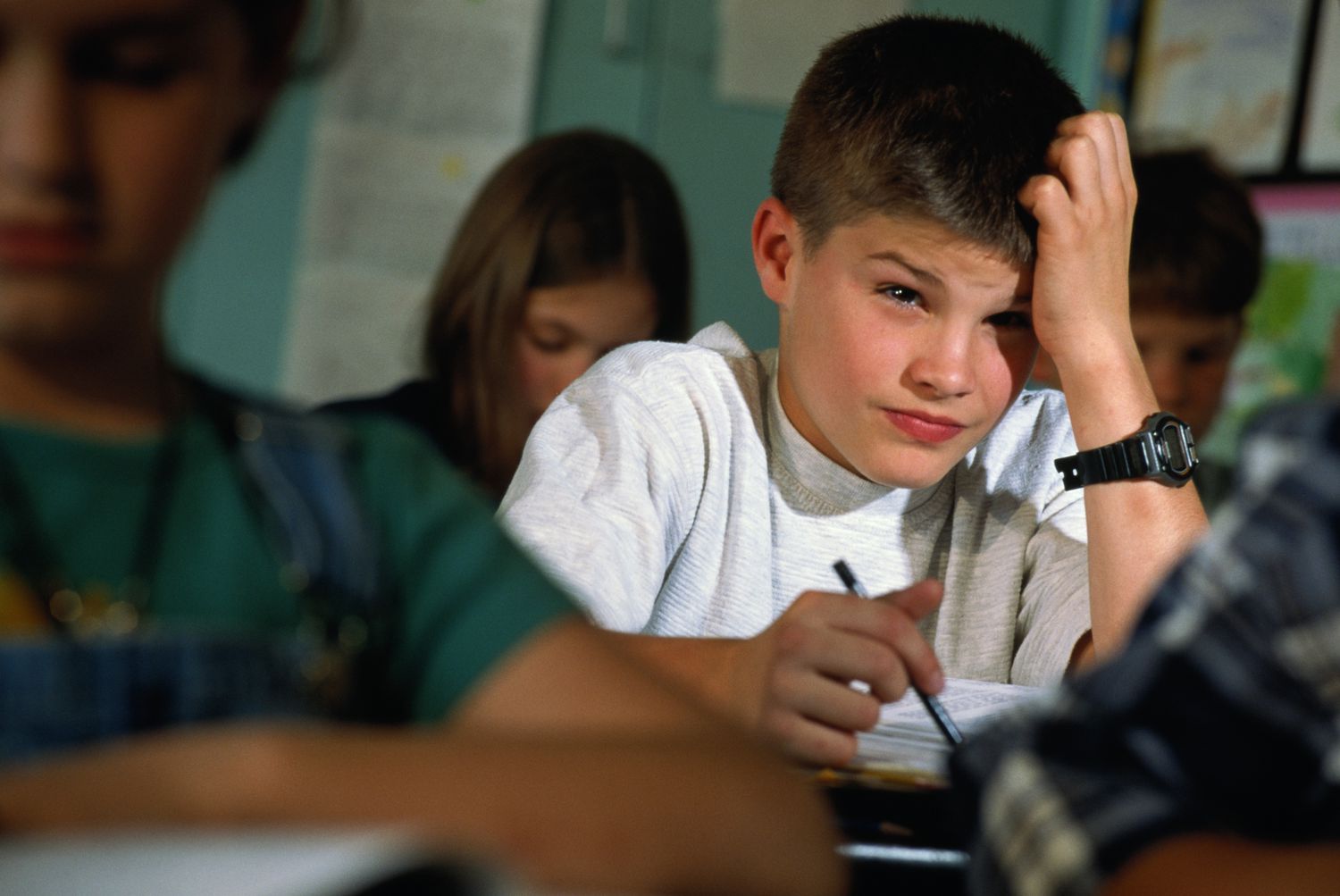Children’s happiness plummets when they leave primary school

In a new study by the universities of Cambridge and Manchester, data reveals the happiness of children significantly plummets as they leave primary school and enter secondary school. Surveying more than 11,000 children across the UK on how they felt about their friends, school, and family, they found that while most children were satisfied with life at age 11, the majority were majorly dissatisfied when they reached age 14. This plummeting satisfaction directly correlates with the jump from primary to secondary education. Further to this, parents have similarly noted a drop in their child’s academic achievement, with a new report from MyTutor, the UK’s most trusted tutoring platform, finding that 26% of parents have noted a visible decline in their child’s educational progression as they enter secondary school. As such, MyTutor, has put together a the five red flags to look out for if they feel their child might be struggling with the jump to secondary school.
They get angry when you bring up school
Teens may not be the most open when you ask them about school or how their day was, but if you’re seeing a big difference in their mood since the start of school, it could be a sign that they’re struggling. They might have gaps in their learning or having a hard time staying on top of their homework. If they’re lashing out more than usual, there’s a chance their confidence has taken a knock.
They spend too much time on homework
When students move up a level – like the jump from up from primary to secondary school, it’s normal for them to spend a bit more time on their work. But if they’re struggling for hours and hours on the same subject, then they might need extra help. Check in with them by offering snacks or a drink– and see what their body language is saying. If they’re hunched over and look deflated, there’s a chance they’re having a hard time and may need some extra help.
They’re not sleeping or eating well
If they’re struggling at school, it can have a negative knock-on effect when it comes to your teen’s physical health. Thoughts like, ‘I’m stupid,’ or ‘no one likes me,’ can keep them up at all hours. Sleep is so important to their wellbeing, so you want to nip their worries in the bud. As a parent, you’ll know the tell-tale signs of when they’re not getting enough sleep. Do they look tired? Are they falling asleep in class, or at strange times of the day? Are they more irritable than usual? And when they’re stressed, their appetite can take a hit, too. Are they skipping meals? Leaving lots of food on their plate? Or, are they eating tons of junk food? Under-eating, and overeating are both red flags when it comes to their wellbeing.
They’ve lost interest in the things they usually enjoy
Hobbies and interests are so important to your teen’s wellbeing. It helps them stay balanced. But if they’re pulling away from the things they love– like football practice, or even just watching their favourite shows, it might be a sign that things aren’t going well at school.
They’re spending a lot of time alone
When they’re not seeing friends and keeping to themselves more than usual, it might be a sign that they’re going through something. There are behaviours you can look out for. Like if they’re lying in bed staring up at the ceiling, or at their screens for hours at a time– it’s a good idea to check-in to see what’s going on.






